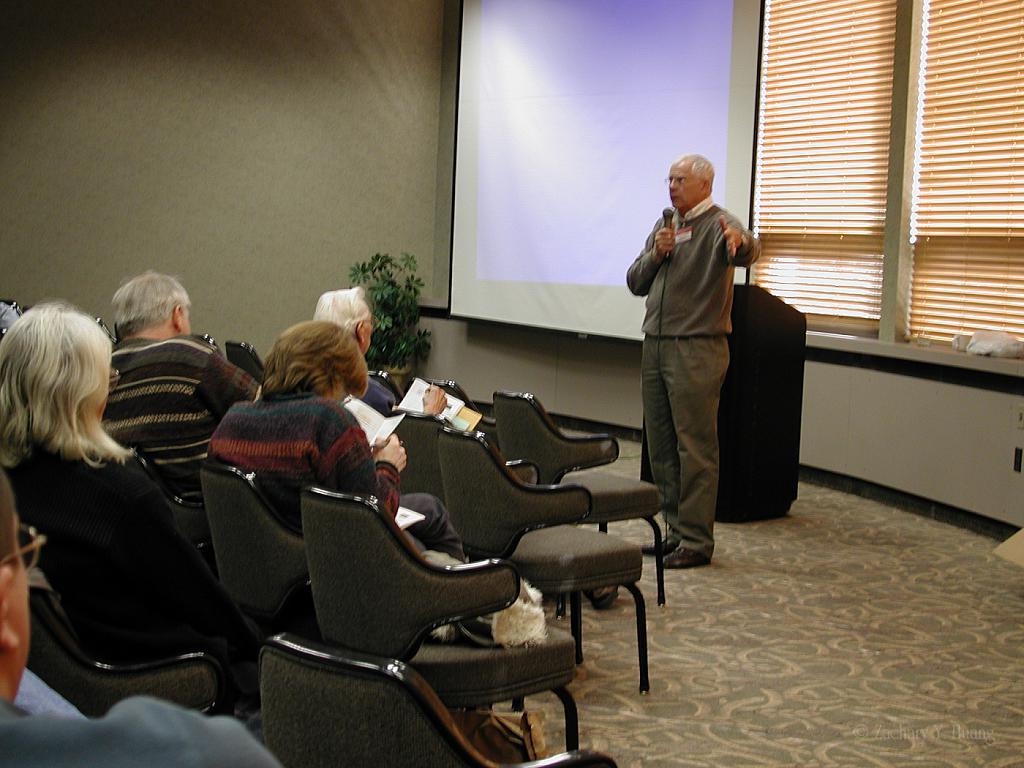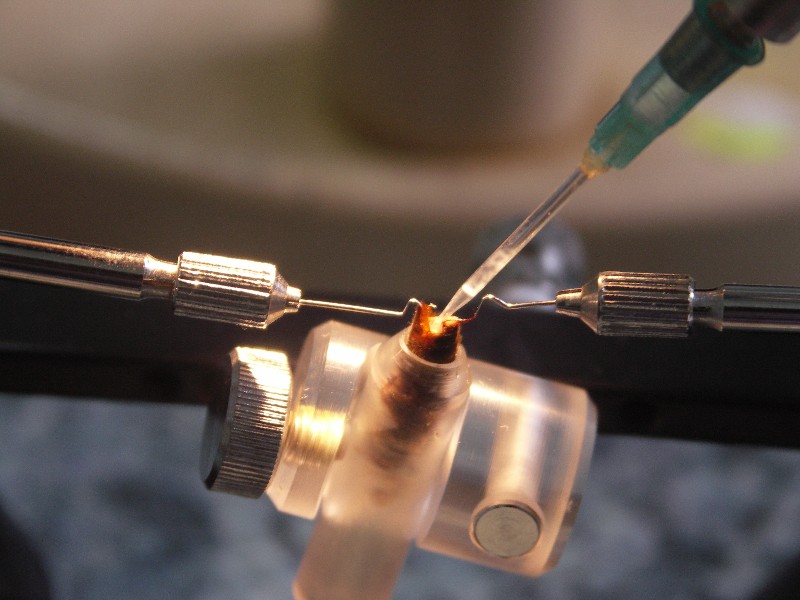
Dr. Skinner is in the Department of Entomology and Plant Pathology where he is Professor and Extension Apiculturist. He is the Director for the eXtension.org Community of Practice in Bee Health.
His work in the Pollinator Security for Northeastern Corps project has been to oversee provision of electronic access to information through extension.org/bee_health, which includes the project plan, objectives, members, and results. Much of his recent effort has been filming and then posting extensive video footage of the participating commodities …
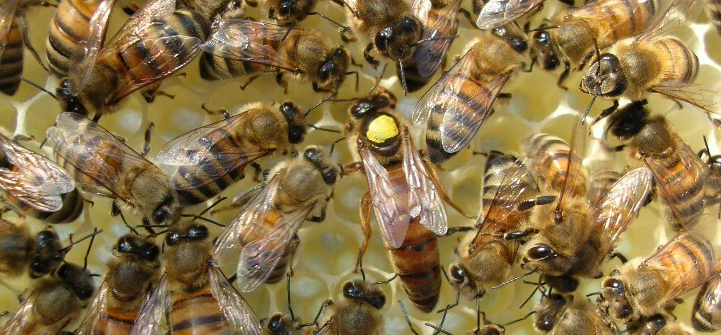


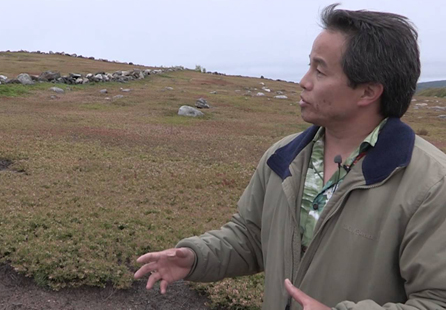

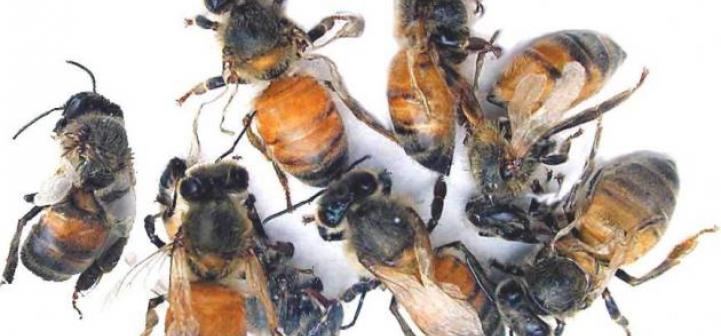 If your bees have Varroa, your bees have viruses.
If your bees have Varroa, your bees have viruses. 